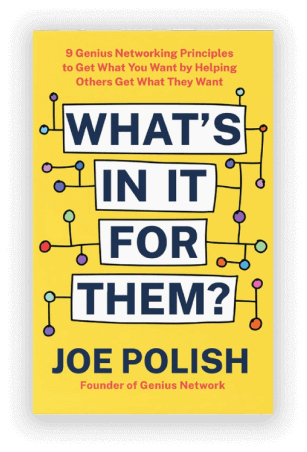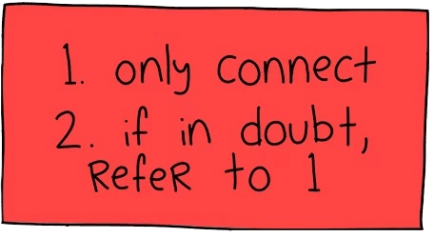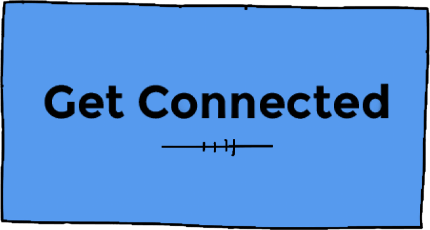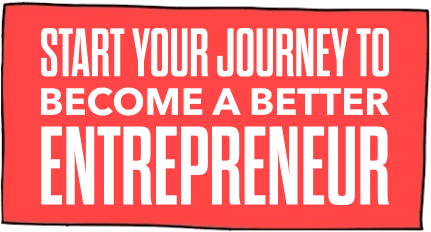In The Realm of Hungry Ghosts: A Candid Conversation About Addiction with Gabor Maté and Joe Polish
[mashshare]
Episode Summary
Is addiction the biggest crisis we’ve ever faced? Can we do anything about it? In a candid conversation about addiction, Gabor Maté and Joe Polish define what addiction is and why it’s actually a solution to pain.
Gabor Maté is a Hungarian-born Canadian physician with a background in family practice and a special interest in childhood development and trauma, and in their potential lifelong impacts on physical and mental health, including on ADHD, addictions and a wide range of other conditions.
Recorded LIVE at the 2017 Genius Network Annual Event
Here’s a glance at what you’ll learn from Gabor in this episode:
- Why addiction is the biggest crisis we’ve ever faced and what we’re doing about it…
- Gabor Maté defines what addiction is and why it’s actually a solution to pain
- How the criminal justice system treats addiction and why we must change how people view and treat addicts
- Gabor and Joe discuss the opioid epidemic and why it’s been happening for decades
- The reason why every case of addiction originates from trauma and deep pain
- Joe shares his struggle with addiction and Gabor shares his personal story of workaholism
- Donald Trump versus Hillary Clinton: A fascinating insight into the difference between overt trauma and developmental trauma
- Joe asks Gabor, “If someone was raped or molested as a child, how do you interact with your perpetrator if you still know them?”
- Addicts lie, cheat, steal and cause trouble through self-destruction. Gabor and Joe discuss how to interact (and be compassionate) with addicts…
- Gabor talks about epigenetics and how our environment influences our genes
- The meaning of recovery and how we reconnect with ourselves in recovery
- Gabor talks about “respectable addictions” and how disdain gets projected onto other people
- How parents unknowingly pass on trauma from one generation to the next…
- Gabor discusses why A.D.D. is a response to trauma and how A.D.D. is an adaptation
- Traumaphobia: Why we’re surrounded by trauma and yet we don’t talk about it
- What Gabor would ask Harvey Weinstein and how Gabor suggests we treat addiction
- Why we can’t punish pain out of people and how we can help people fighting silent battles
- What we can do to heal the family system, heal the individual and recover from addiction
WHAT'S IN IT FOR THEM?
Get the first chapter for FREE and a limited-time viewing of "Connected: The Joe Polish Story"
Show Notes
- Addiction is complex but can manifested in any behaviour, not just drugs or gambling.
- Nearly everybody has had an addiction at some point in their life.
- The addiction isn’t the problem, developing an addiction is your way of trying to solve the real problem.
- Emotional pain is almost always the underlying cause of addiction.
- The question is what happened for you to feel pain, and what can you do to address it.
- Children take everything in a narcissistic sense. Everything is always about them.
- We all need to be wanted and your desire will appear in ways that are often addictive.
- Right now the criminal justice system is treating addicts like criminals, instead of with punishment.
- The decision to criminalize certain forms of addiction is entirely arbitrary according to the statistics.
- The theory that addiction is a genetically inheritable disease goes out the window when you look at the aboriginal experience.
- Every case of addiction results from trauma.
- The medical world does not understand emotional trauma.
- ADD is a response to trauma, it’s not genetic and it’s not a brain disease. It’s actually an adaptation to too much stress.
- Children can feel the stress and suffering of their immediate environment. The strategies the children employ to deal with stress actually become problems later on.
- A third of teenagers and adults in North America suffer from anxiety.
- We pass on our trauma to our kids, not genetically but through our actions.
- The addictive brain can be very clever when it comes to justifying your addictive actions.
- You have two rational choices when dealing with an addict: you can choose to leave them or you can tell them you will be there to support them in their effort to escape their pain. The irrational choice is to try and change the person.
- The addiction that manifested in you didn’t begin with you.
- The problem with words is that they are accurate at first but then the become pejoratives. The word addict has its roots in slavery.
- What is missing from your life and how did you lose it?
- We should treat addicts with compassion and get to the core trauma instead of just treating the behaviour.
- Behaviour problems become physiological problems in the brain based on the environment.
- Trauma is a loss of self, recovery is getting it back.
- When your recovery is complete, you will often have compassion towards the person that traumatized you in the knowledge that they were traumatized themselves in the same way.
- Anger can be healthy, but it should be channeled in a useful way.
- There a respectable addictions and there are others that we project of self disdain onto others.
- The more you stress people, the more you entrench them in their addictions.
- We live in such a traumatized society, that traumatized people can rise to the top.
- There are two kinds of trauma, overt and developmental. Not all trauma is from bad things that happened to you, it can also come from good things that didn’t happen to you.





